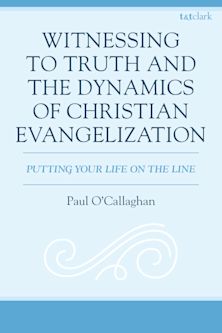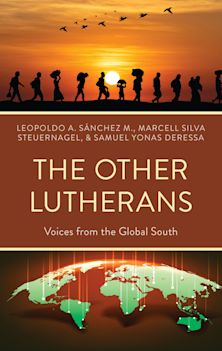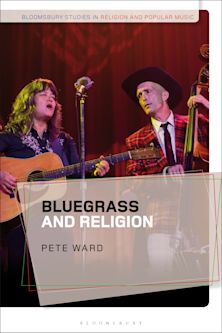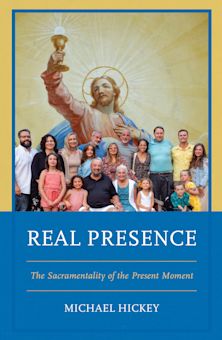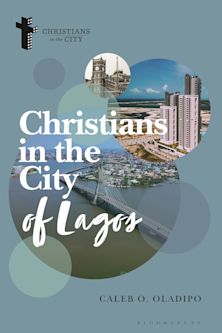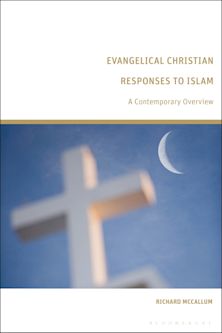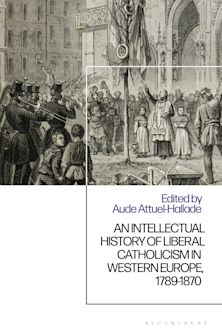- Home
- ACADEMIC
- Religious Studies
- Christianity
- The Huguenot-Anglican Refuge in Virginia
The Huguenot-Anglican Refuge in Virginia
Empire, Land, and Religion in the Rappahannock Region
The Huguenot-Anglican Refuge in Virginia
Empire, Land, and Religion in the Rappahannock Region
You must sign in to add this item to your wishlist. Please sign in or create an account
Description
The Huguenot-Anglican Refuge in Virginia is the history of a Huguenot emigrant community established in eight counties along the Rappahannock River of Virginia in 1687, with the arrival of an Anglican-ordained Huguenot minister from Cozes, France named John Bertrand. This Huguenot community, effectively hidden to researchers for more than 300 years, comes to life through the examination of county court records cross-referenced with French Protestant records in England and France. The 261 households and fifty-three indentured servants documented in this study, including a significant group from Bertrand's hometown of Cozes, comprise a large Huguenot migration to English America and the only one to fully embrace Anglicanism from its inception. In July 1687 a French exile named Durand de Dauphiné published a tract at The Hague outlining the pattern and geography of this migration. The tract included a short list of inducements Virginia officials were offering to attract Huguenot settlers to Rappahannock County. These included access to French preaching by a Huguenot minister who would also serve an established Anglican parish, and the availability of inexpensive land. John Bertrand was the first of five French exile ministers performing this dual track ministry in the Rappahannock region between 1687 and 1767.
Table of Contents
Chapter One. Cozes, France, 1660
Chapter Two. London, 1677
Chapter Three. Rappahannock, Virginia, 1687
Chapter Four. Powell's Quarter, 1692
Chapter Five. Deep Creek, 1694
Chapter Six. Whitechapel Parish, 1698
Chapter Seven. South Farnham Parish, 1733
Conclusion. The Huguenot-Anglican Project in America, 1761
Abbreviations
Appendix A. Rappahannock Huguenot Refugees, 1677-1710
Appendix B. Documenting Rappahannock Huguenot Refugees, 1677-1710
Product details
| Published | Jun 21 2023 |
|---|---|
| Format | Ebook (Epub & Mobi) |
| Edition | 1st |
| Extent | 250 |
| ISBN | 9781978714861 |
| Imprint | Fortress Academic |
| Series | Anglican Studies |
| Publisher | Bloomsbury Publishing |
About the contributors
Reviews
-
Lee's richly documented account is a valuable contribution to Virginia social and religious history, showing it to be less English and Anglican than is usually thought. The book also presents a remarkable contrast to the better- known history of the Virginia Huguenot community of Manakin Town.
The Journal of Southern History
-
Lee's work illuminates not only the early history of the Northern Neck area but also the motives of it's early settlers, and their connection with the political, imperial, and ecclesiastical dynamics of late seventeenth-century Virginia.
Virginia Magazine
-
This well-researched, and engagingly-written, book, is a valuable contribution for family historians, historians of colonial British America, and Virginia in particular, and students of the complicated and shifting religious policies of late Stuart England.
Huguenot Society Journal
-
Based on extensive research in three countries, The Huguenot-Anglican Refuge in Virginia is a significant contribution to our understanding of Huguenot history and provides an important case study of cross-cultural theological adaptation. A valuable addition to the literature on American religion.
Robert Wuthnow, professor emeritus, Princeton University
-
This well-researched book is a welcome addition to the fields of Huguenot and Anglican studies and to the history of colonial Virginia. Using American and European sources, the author illuminates the previously-unknown history of a Huguenot-Anglican settlement and explores the complex experiences and challenges faced by this non-English immigrant group in British North America. I highly recommend this book to anyone interested in these topics as well as the broader fields of religious history and colonial America.
Paula Wheeler Carlo, professor emeritus, Nassau Community College; author of Huguenot Refugees in Colonial New York: Becoming American in the Hudson Valley
-
During the latter years of the seventeenth century a sizable group of Huguenot refugees settled in Rappahannock County, Virginia. Somehow they completely avoided notice by any historian-until now. In a remarkable example of historical detective work, Lonnie H. Lee brings these people back into the light, and suggests that the size and scope of Huguenot settlement in early American history was far larger than we have previously imagined.
Owen Stanwood, Boston College

ONLINE RESOURCES
Bloomsbury Collections
This book is available on Bloomsbury Collections where your library has access.












